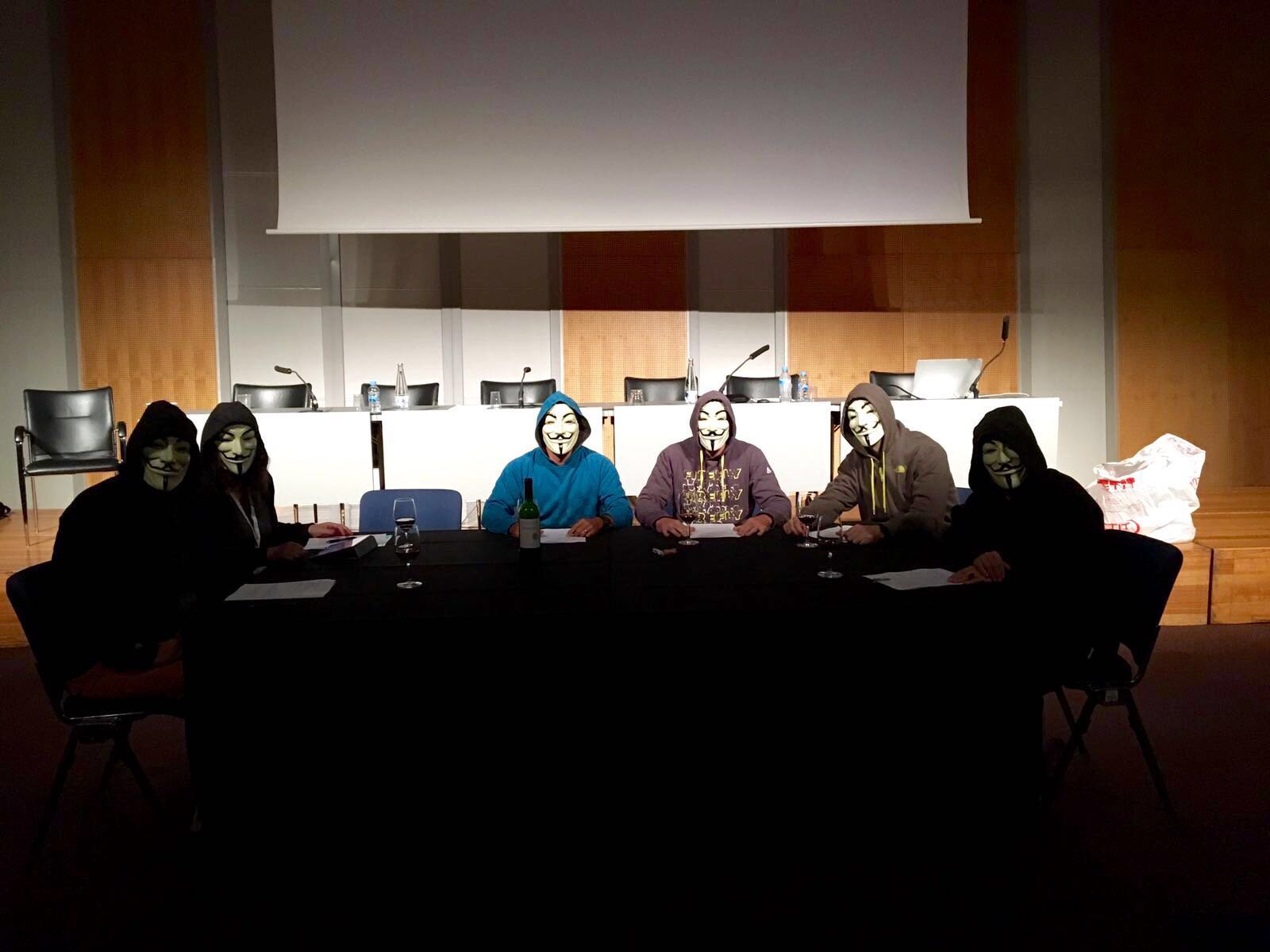Editorial

STS Multiple
Contemporary bioscience and its socio-historical analysis
by D. Berry, J. Calvert, M. García-Sancho, S. Sturdy
Cherish, not Perish
NORDIC JOURNAL OF SCIENCE AND TECHNOLOGY STUDIES
by NJSTS editorial collective
STS Events
The centrality of lateral economic objects: examples from Latin America
by Tomás Undurraga, Tomás Ariztía, Gustavo Onto
Making Science Public: Opening Up Closed Spaces
by Eleanor Hadley Kershaw
6th Postgraduate STS Conference in Lancaster – Connecting Links in the North West
by Peter Fuzesi, Andy Yuille
News from the Council
EASST – Achievements & Opportunities
by Fred Steward